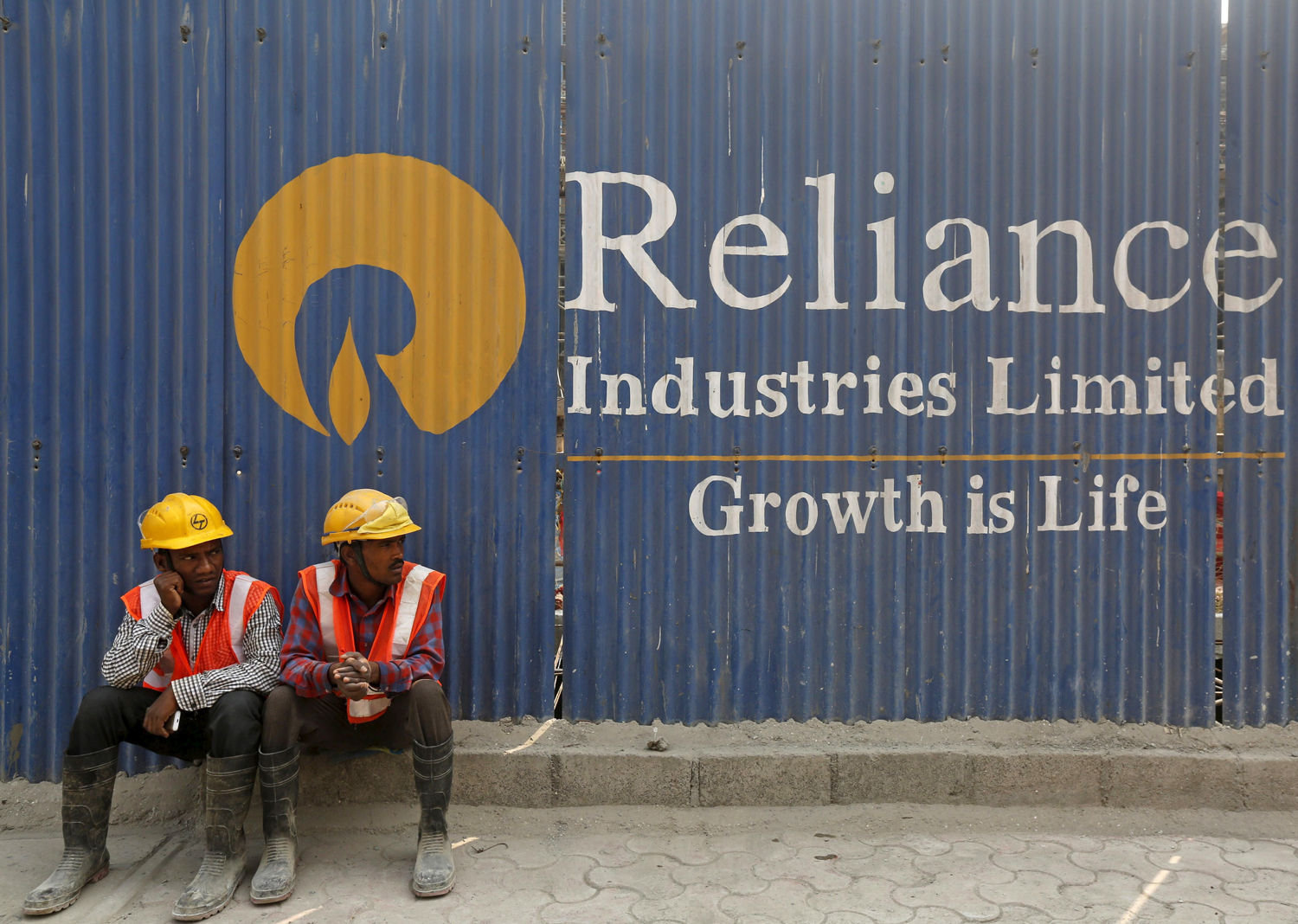(ATF) India’s markets watchdog opened the new year by fining conglomerate Reliance Industries Limited (RIL) and its chairman Mukesh Ambani for what it said were fraudulent trades while selling a stake in a subsidiary.
The Securities and Exchange Board of India (SEBI) said the company must pay 250 million rupees ($3.42 million) in penalties, while Ambani must hand over 150 million rupees.
SEBI alleged that the oil-to-telecoms conglomerate took derivative short positions in shares of separately listed Reliance Petroleum Limited (RPL) in 2007 through third parties before it sold a 5% stake in the business.
The latest ruling follows a 2017 order for RIL to surrender about 4.5 billion rupees plus 12% annual interest for what the regulator said were unlawful gains from that deal. It also barred Reliance and some third parties from trading in derivatives for one year.
At the time, RIL said the trades examined by SEBI were “genuine and bona fide transactions” and that SEBI had “misconstrued the true nature of the transactions and imposed unjustifiable sanctions”.
SEBI said in its enforcement order that “it was observed that RIL had entered into a well-planned operation with its Agents to corner the open interest in the RPL Futures and to earn undue profits from the sale of RPL shares in both cash & futures segments and to dump large number of RPL shares”.
Against market interest
The 95-page order concluded that “the said scheme of manipulation was deceptive and against the interest of the securities markets”, adding: “It was also observed that … Ambani, being the Chairman & Managing Director of RIL, was responsible for its day-to-day affairs and thereby, liable for the manipulative trading done by RIL.”
SEBI rejected RIL’s assertions that the watchdog had made an “erroneous allegation that [RIL] … made unfair and undue profits on the positions taken in the November 2007 RPL Futures” or that “generalisations and assumptions [were made that] fail to address the actual figures which completely negate the hypothesis of there being any pre-decided / planned fraudulent or manipulative trading scheme”.
The SEBI adjudicating officer, B J Dilip, said such manipulation of the volume or price of securities erodes investor confidence in the market . “In this case, the general investors were not aware that the entity behind the … transactions was RIL. The execution of the… fraudulent trades affected the price of the RPL securities … and harmed the interests of other investors,” he said in the order.
























